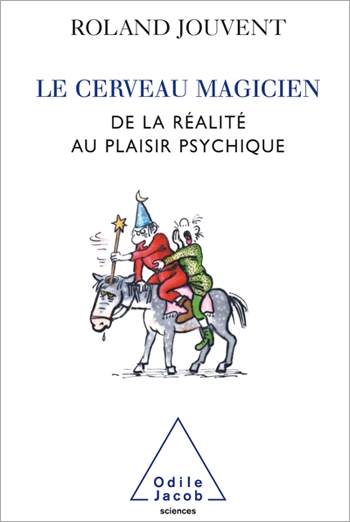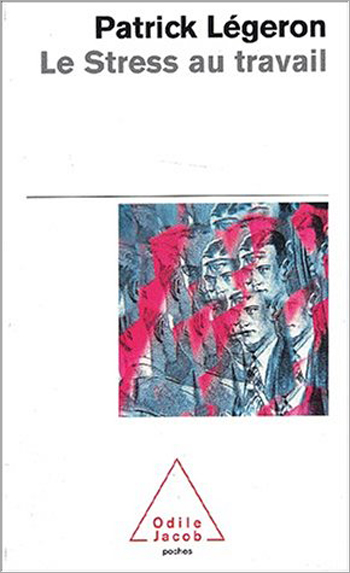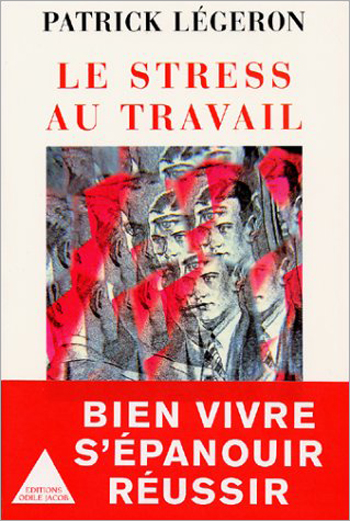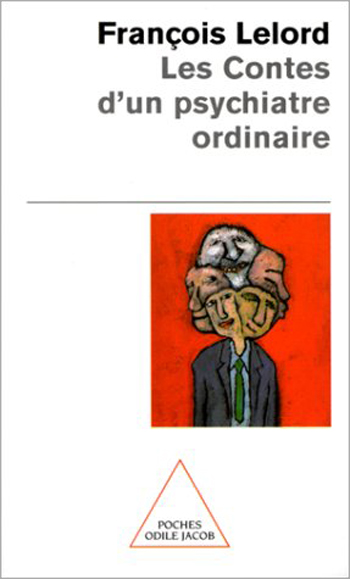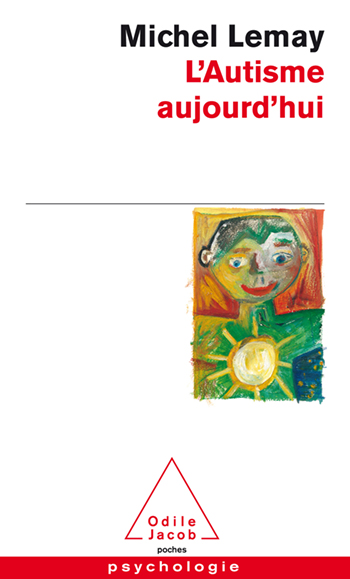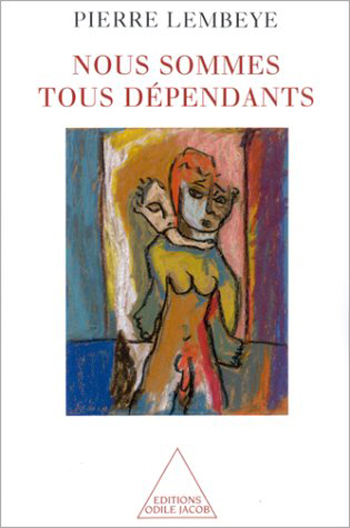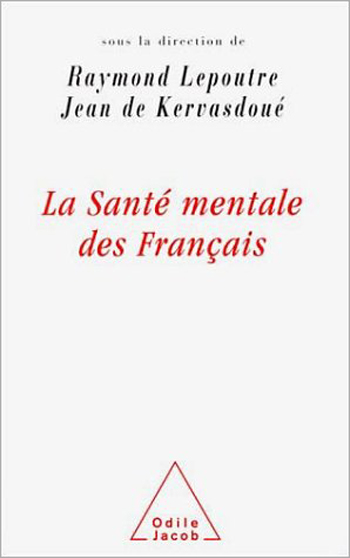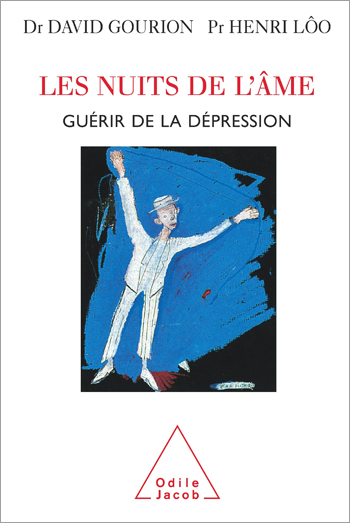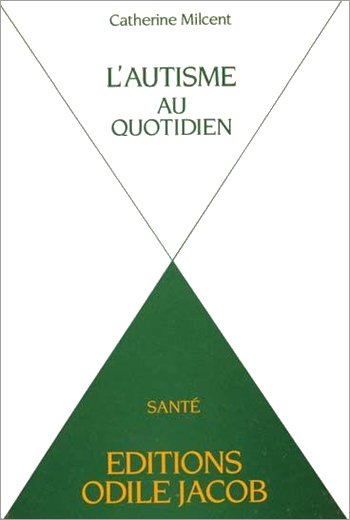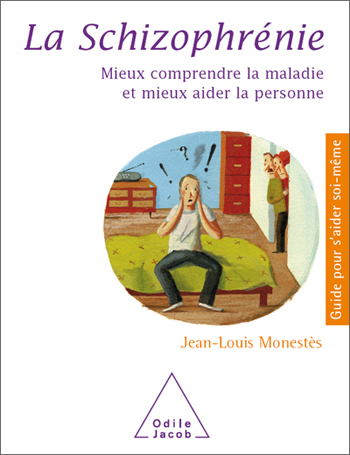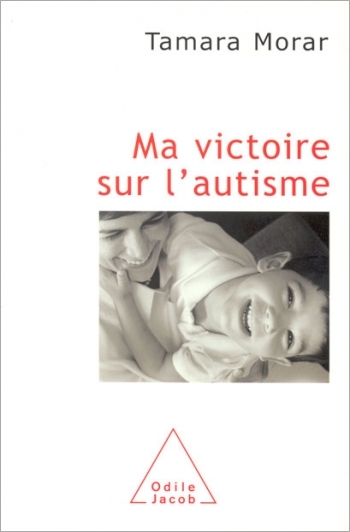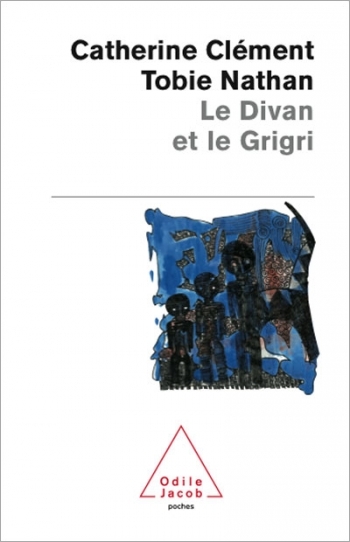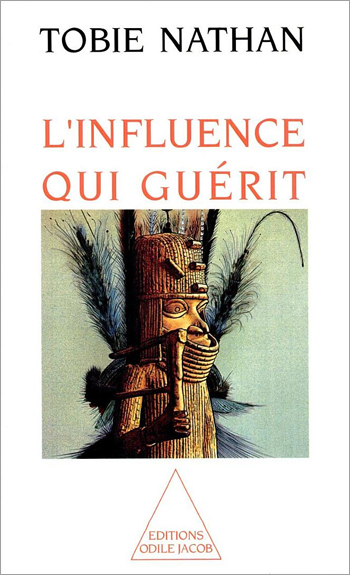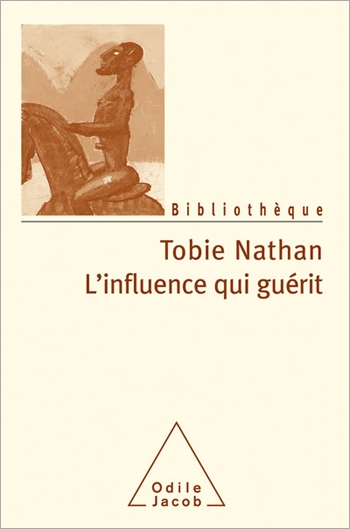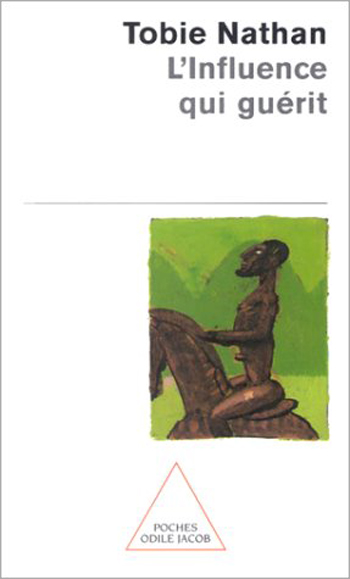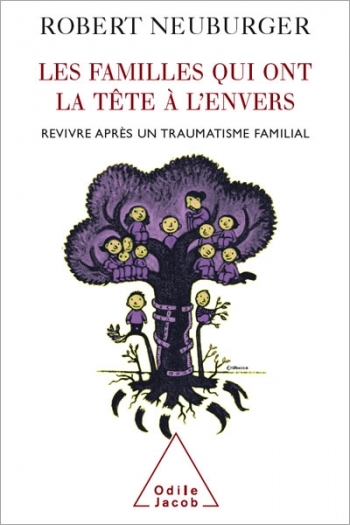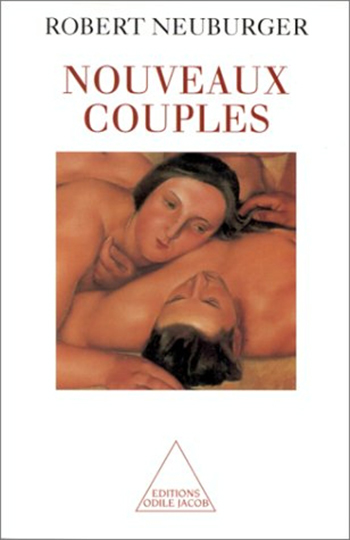Psychiatry All books
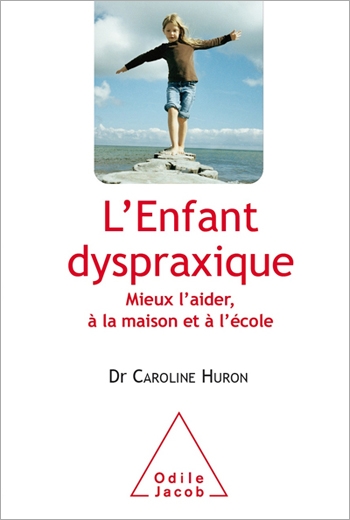
Caroline Huron
Dyspraxia: Motor coordination disorder
How to help children with motor coordination difficulties face their daily tasks
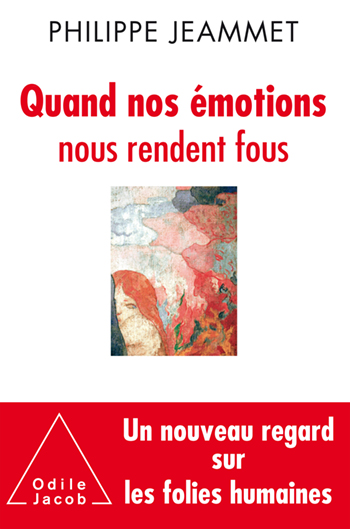
Philippe Jeammet
When our emotions make us mad
A rich account based upon clinical observations often conducted over a period of several years.
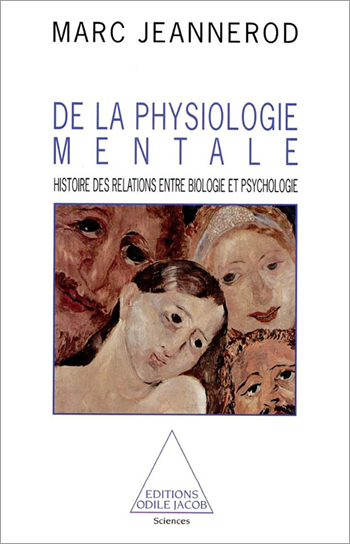
Marc Jeannerod
Of Mental Physiology A History of the Relationship Between Biology and Psychology
A relative newcomer to the world of science, psychology gives rise to a rivalry between two older siblings, philosophy and biology. This enduring conflict between materialism and spiritualism, which continues today in other forms, without adoubt was the driving force behind its progress. What we know today about the spirit is a result of this history. Biology and psychology have shaped each other in turn. This book represents a riveting study on how two centuries of spiritual quarrelling made possible the modern attempt to establish the inner workings of the mind. A professor of physiology at the Université Claude Bernard, Marc Jeannerod is also the director of an Inserm neurological research team in Lyon.
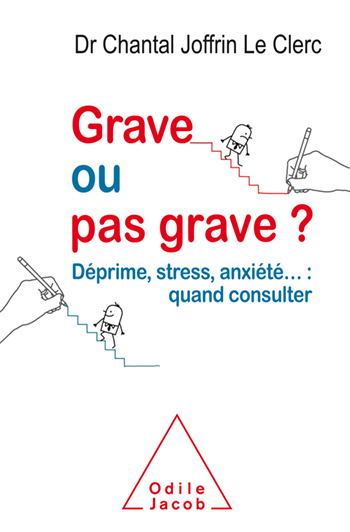
Chantal Joffrin Le Clerc
A Little Sadness, or Severe Depression? Knowing When to See a Shrink
Eating, memory, moods, excesses of all kinds…: a clear presentation of the truly alarming signs that indicate changes in mental illness. More broadly, a beneficial redefinition of the difference between the normal and the pathological.
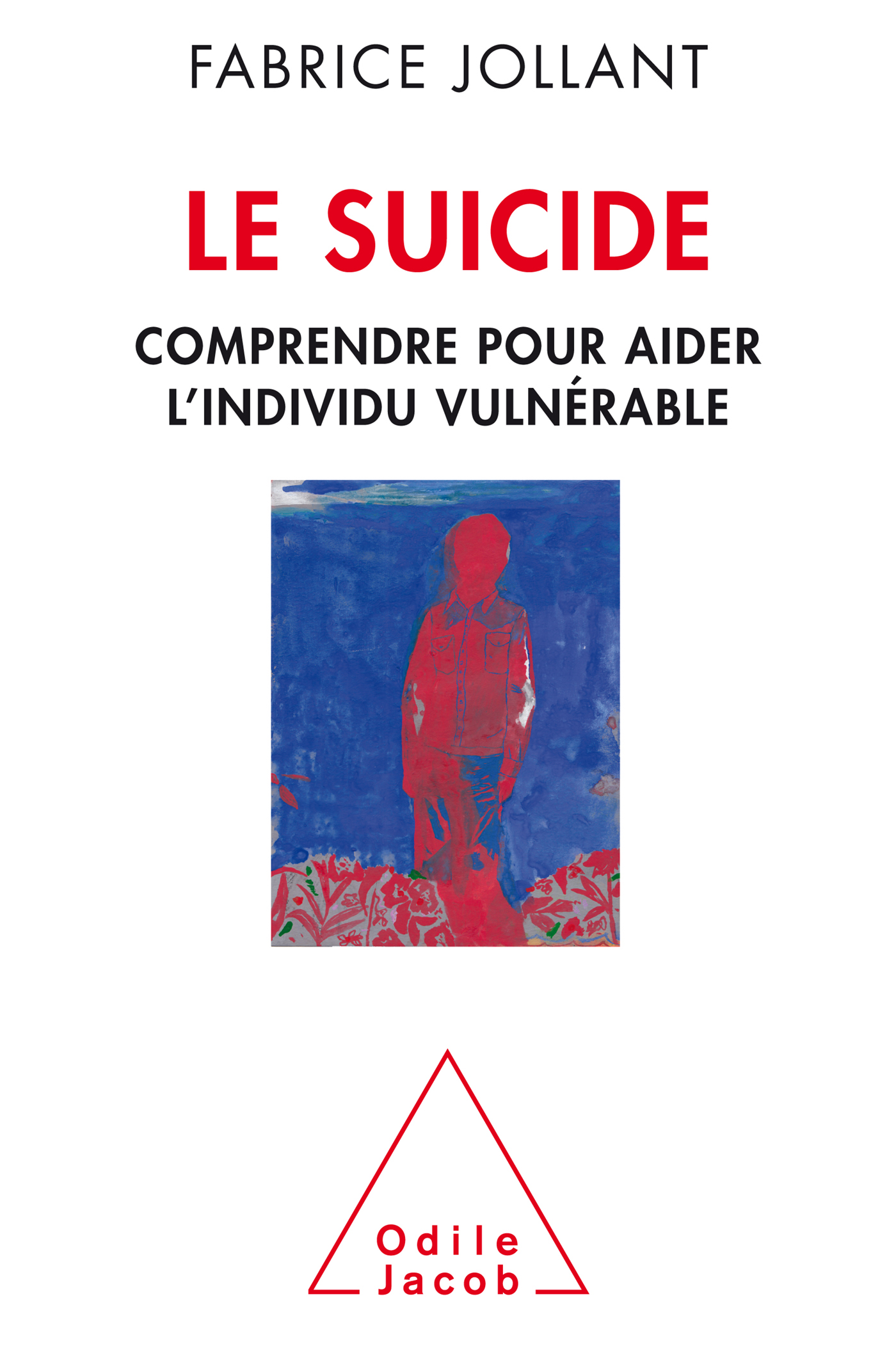
Fabrice Jollant
The Suicide Understanding and Helping Those at Risk
Understanding the causes of fragility, in order to identify vulnerability to suicidal behaivours
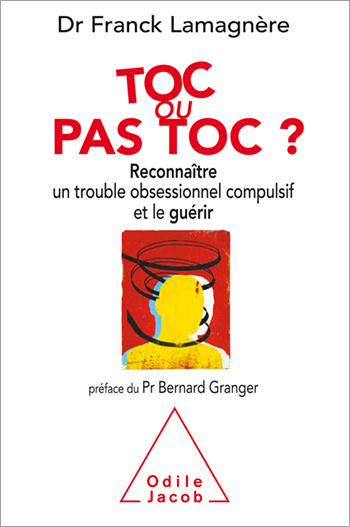
Franck Lamagnère
So, Is It OCD or Not? Recognising the Disorder and Helping Sufferers
An important reference work on obsessive-compulsive disorder, by a major French specialist
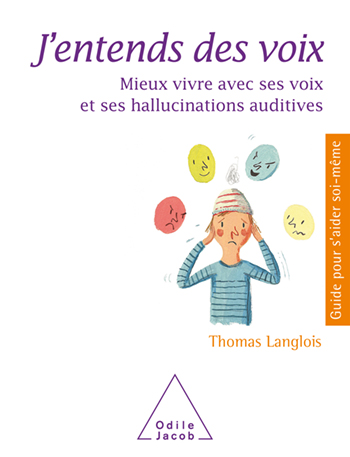
Thomas Langlois
I Hear Voices – So What? Living With One’s Voices and Auditory Hallucinations
Hearing voices is a phenomenon that is much more common that one might imagine. According to studies, 10 – 39% of the population hear voices.
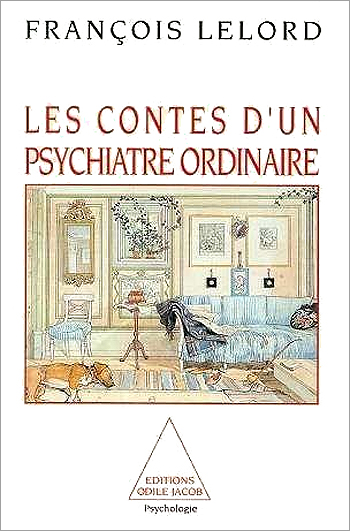
François Lelord
The Tales of an Ordinary Psychiatrist
Visiting a psychiatrist is still a frightening prospect. Taboos surround psychological illnesses and psychiatry is viewed with suspicion. Using true cases as examples, F. Lelord presents the expressions and mechanisms of various psychological problems: stress, agoraphobia, depression, bulimia, anorexia, schizophrenia, autism... With each case we dive further into the psyche, and emerge with an honest assessment of the pluses and minuses of psychiatric treatment.
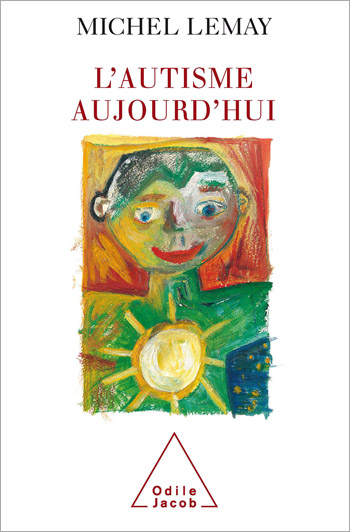
Michel Lemay
Autism Today
What do we know about autism today ? How can it be treated ? What is the cause ? In this book, the author offers a clear appraisal of the contributions and failures of various disciplines (psychoanalysis, neurobiology, genetics, chemical and drug treatment, and behavioural and cognitive therapies), and makes a case for a multidisciplary type of medicine. It offers both parents and professionals a great source of strength with which to fight against autism. Michel Lemay is a psychiatrist and professor of child and adolescent psychiatry. A world-renowned specialist in autism, he is the director of the clinic on autism and invasive development disorders at the Hôpital Sainte-Justine in Montreal.
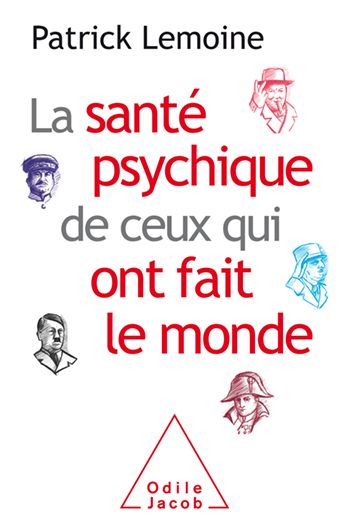
Patrick Lemoine
The Psychological Health of Those Who Made the World
The role of the psyche on the destiny of the men and women who made the world.
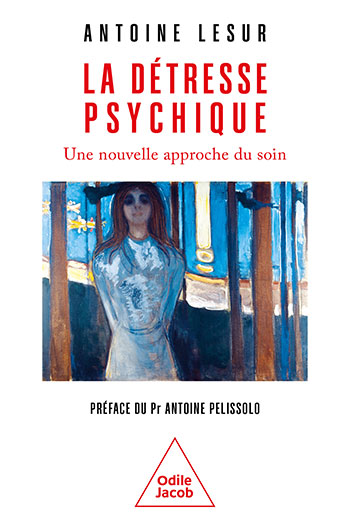
Antoine Lesur
Psychic Distress A New Approach to Care
Should psychic distress be considered a singular emotion? A documented and concrete analysis showing its connections with problems of attachment, guilt, depression, and fear.
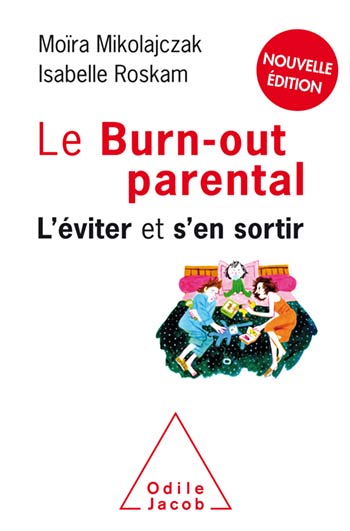
Moïra Mikolajczak, Isabelle Roskam
The Parent Burnout Avoiding it and getting away with it
Parental burn-out, a societal phenomenon that we are just beginning to talk about.
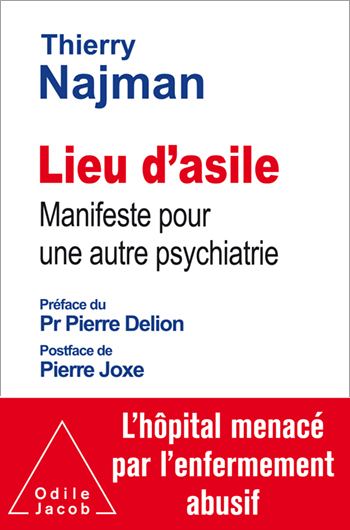
Thierry Najman
Places of Asylum Should We Open Psychiatric Wards?
Locking up psychiatric patients is shameful and ineffective
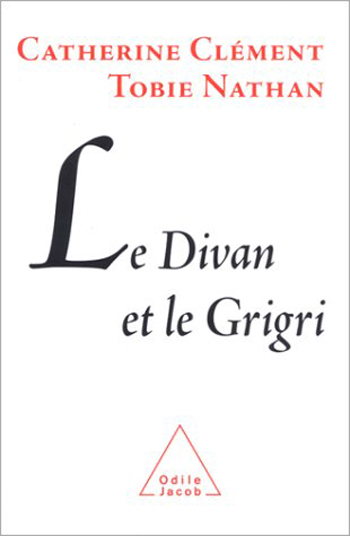
Catherine Clément, Tobie Nathan
The Couch and the Grigri
This work is a fascinating discussion between a practising analyst who has not ceased to confront his discipline with other disciplines of the mind, and a philosopher with great psychoanalytic experience. It aims to show how cultural heritage a debt linking each generation to its ancestors shapes both how we represent reality and our emotional universe. The authors thoughts and conclusions are thoroughly backed up with a variety of specific examples and observations. Tobie Nathan is an ethno-psychologist and teaches clinical and pathological psychology at the University of Paris VIII. Catherine Clément is a writer and philosopher.

